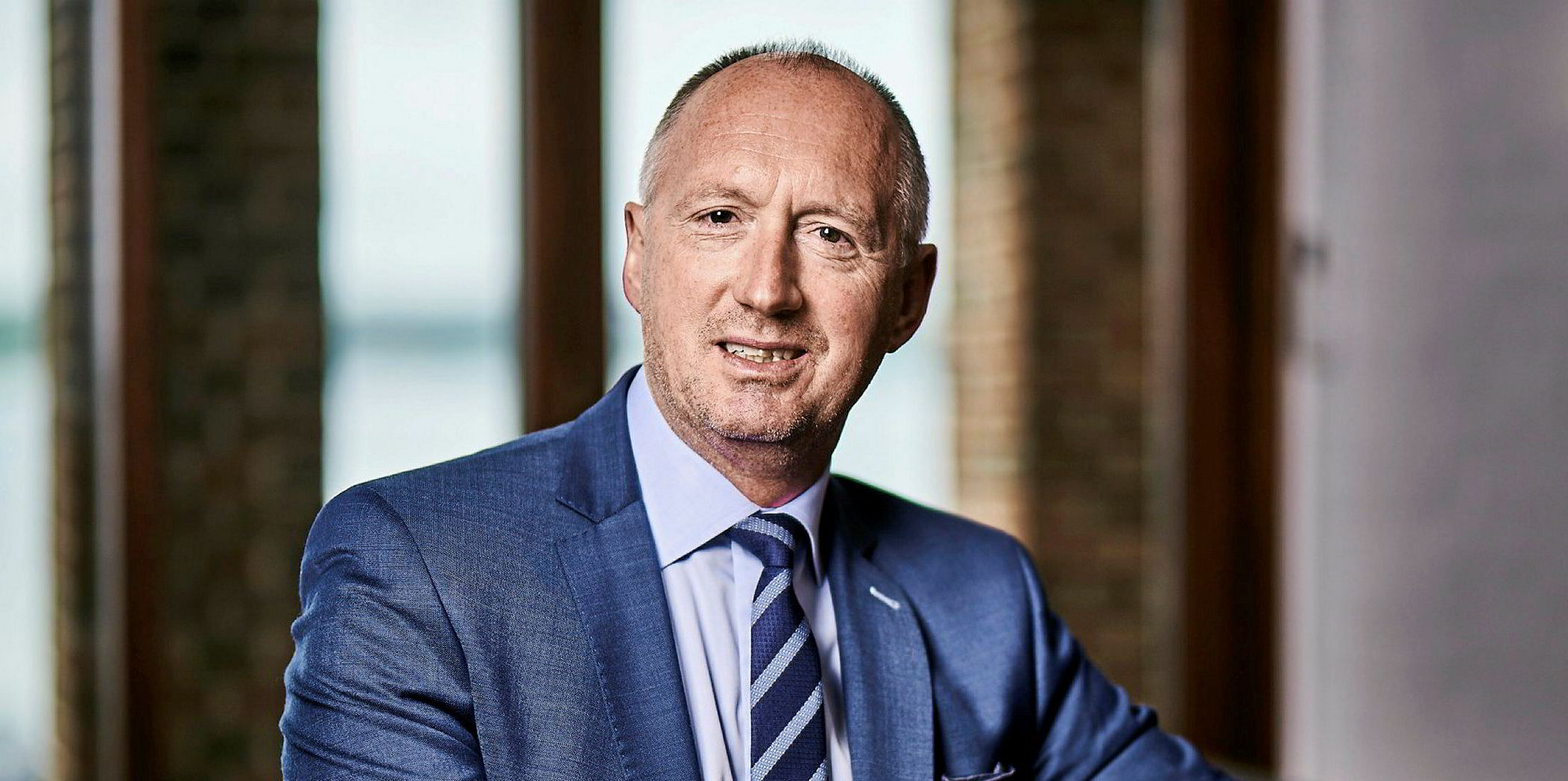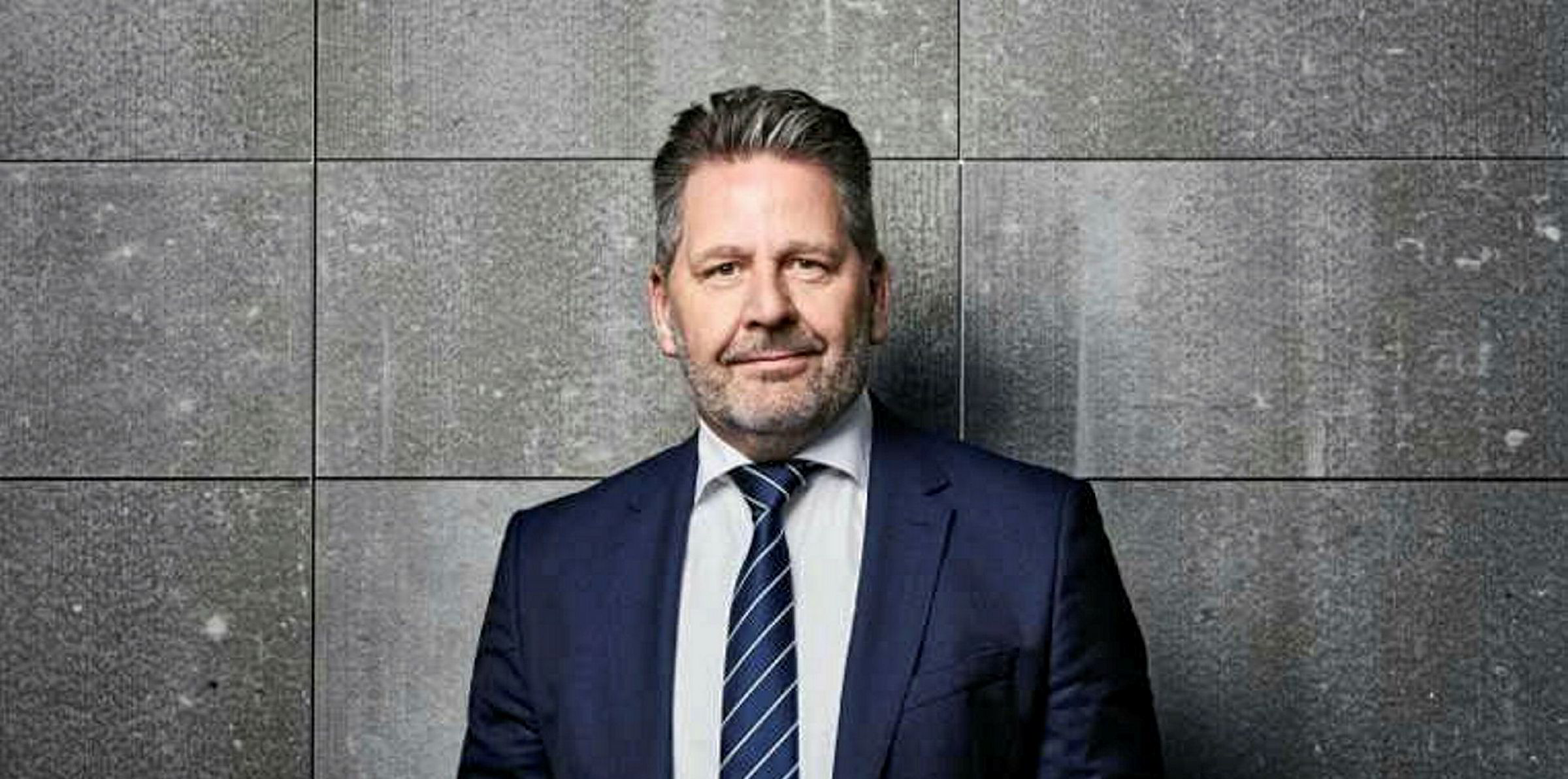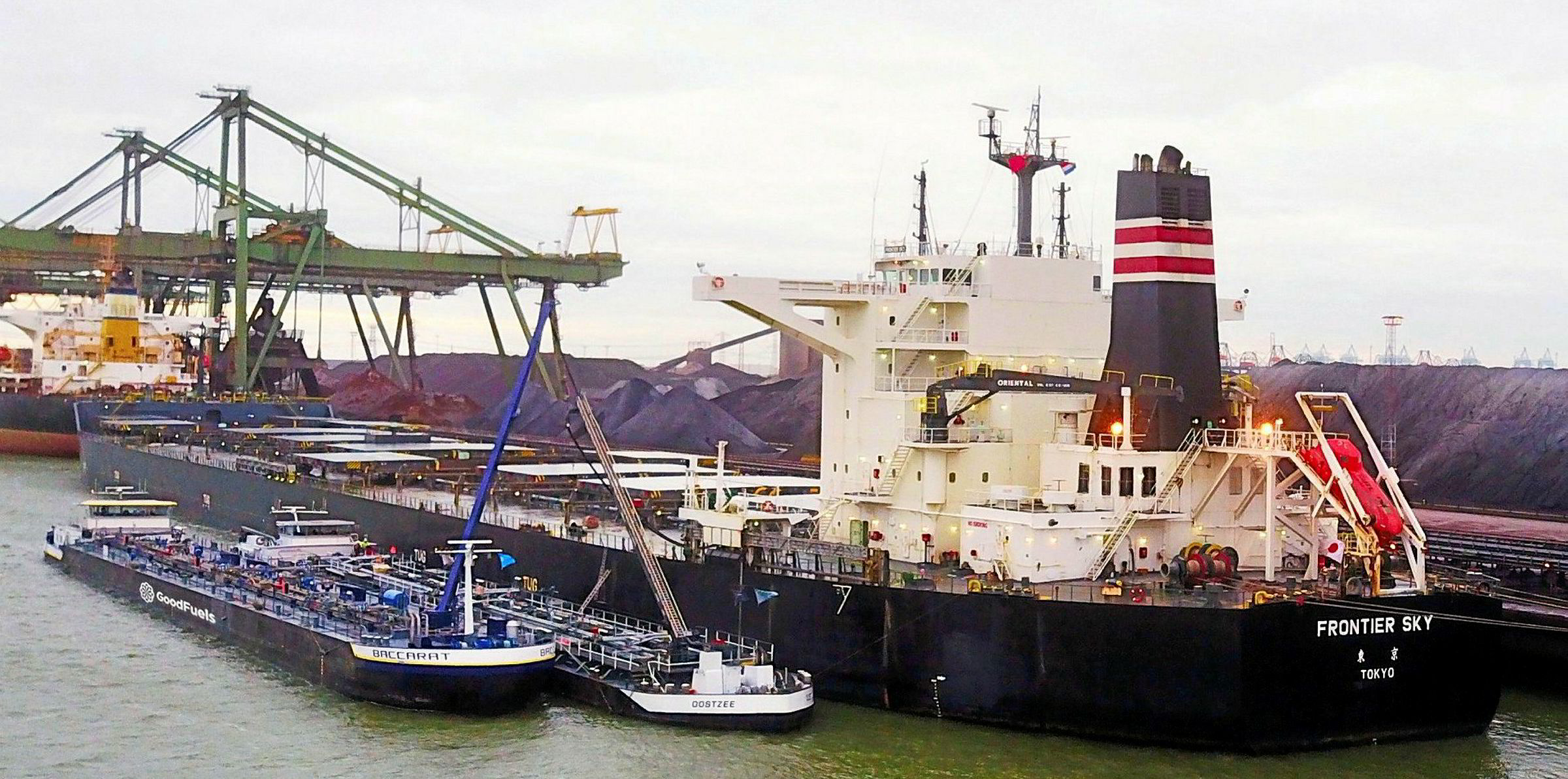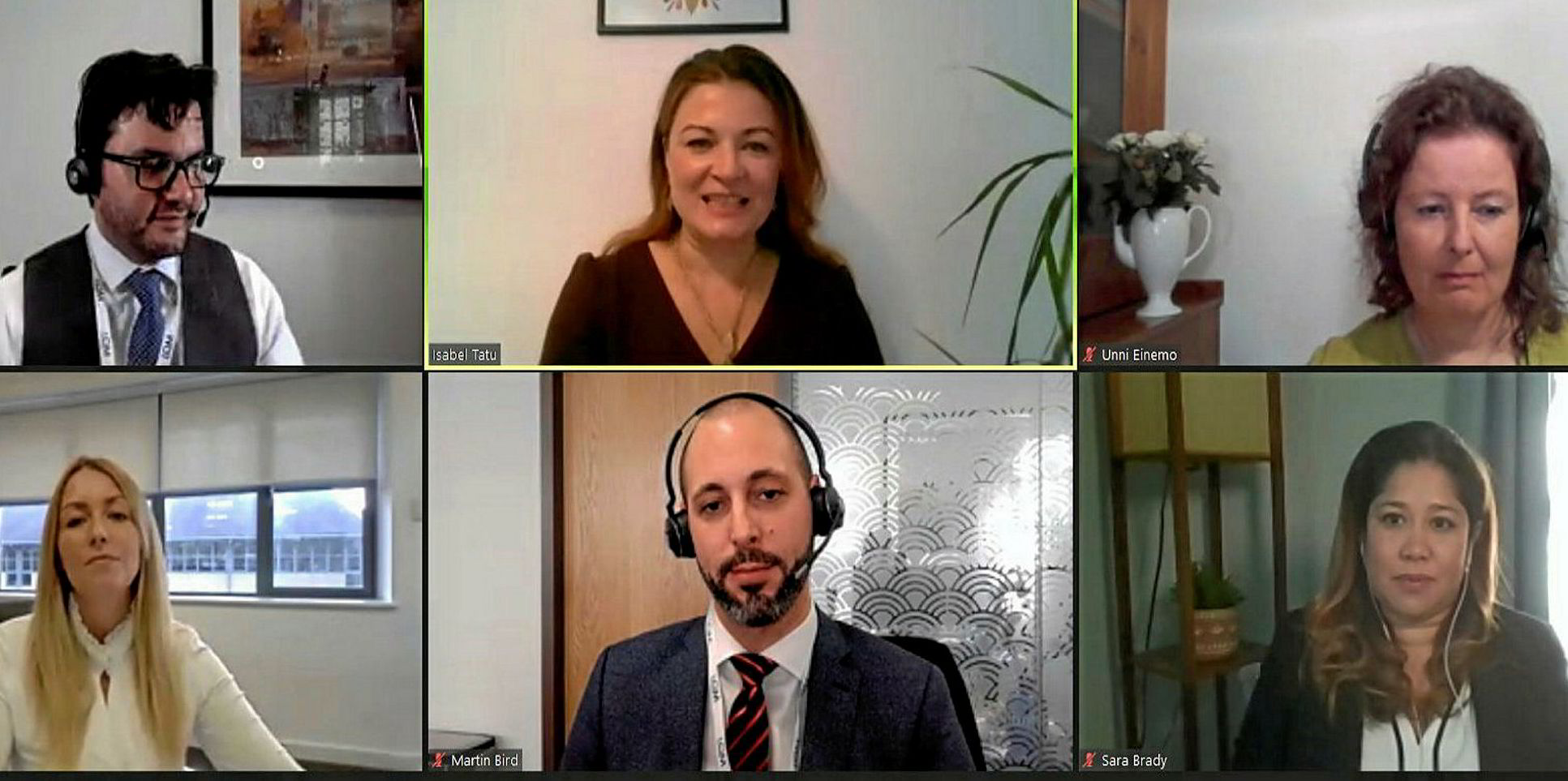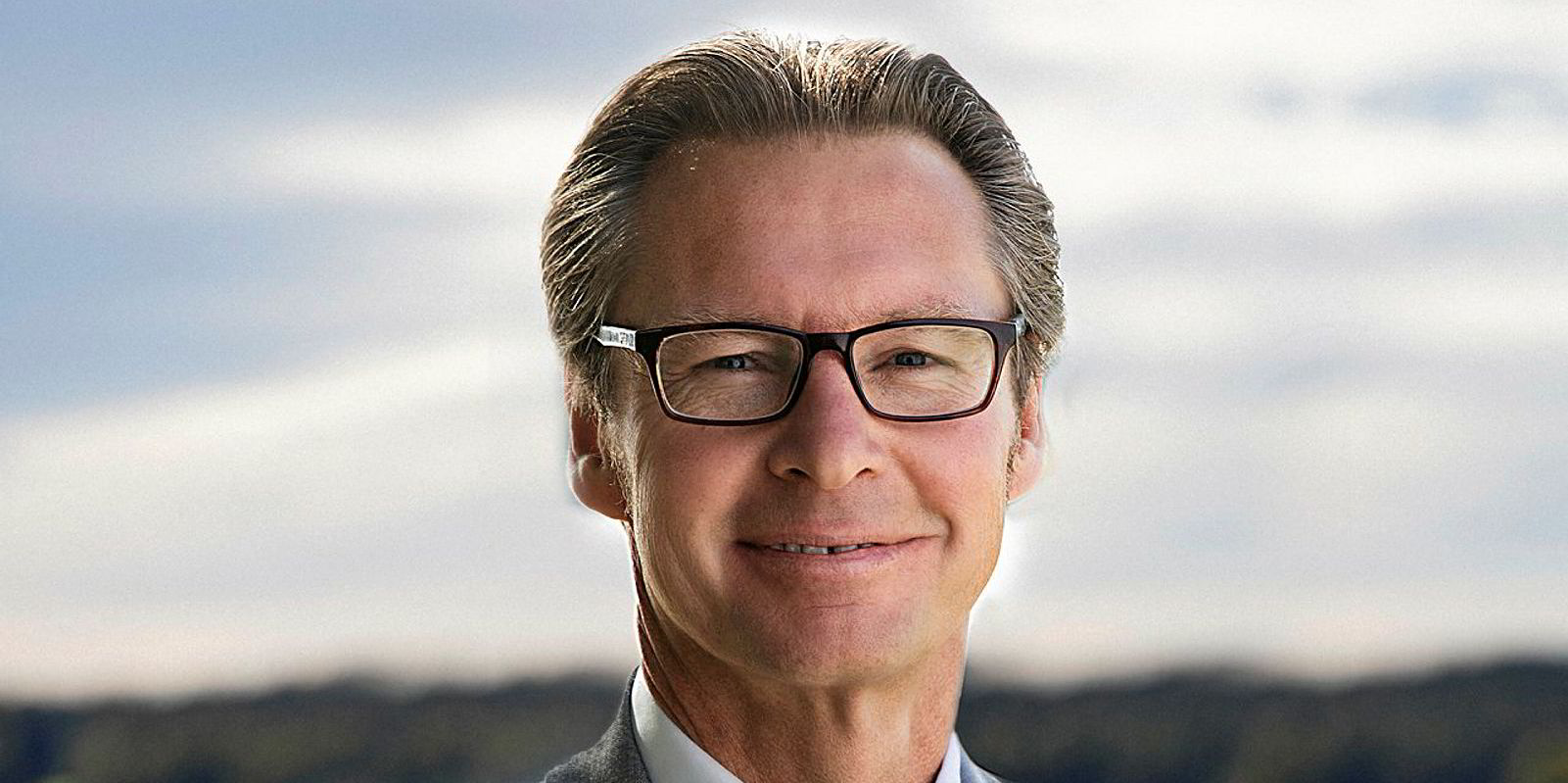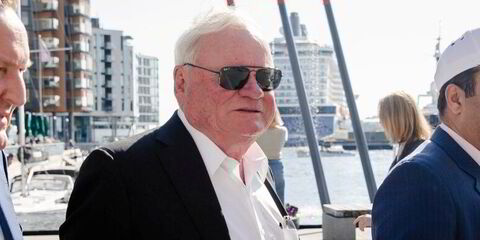Leading one of the largest marine fuel groups globally, Bunker Holding chief executive Keld Demant has drawn parallels between his company and FC Barcelona.
Most famous for its football club, the Spanish multi-sports organisation also has some of the most successful basketball and handball teams in the world.
Bunker Holding — ultimately controlled by Danish tycoon Torben Ostergaard-Nielsen — is the parent group of well-known bunker traders such as Dan-Bunkering, KPI OceanConnect and BMS United.
Aside from running administrative and risk-management operations, the Middelfart-based parent provides financing and training to subsidiaries.
“You might say that Bunker Holding is like FC Barcelona,” Demant told TradeWinds. “We just operate in different sectors.”
Like the sports club, Bunker Holding serves its market on multiple fronts — it has back-to-back trading, physical delivery and risk-management operations.
Together, group firms employ about 1,500 people in 66 offices across 33 countries around the globe. Their annual bunker sales amount to more than 30m tonnes, estimated to be 10% of the global total.
Individual operations
The fuel giant adopts a rather laissez-faire approach to its subsidiaries, with each company having its own decision-making power.
“In relation to the bunker trading companies, they are very individual,” Demant said. “They do compete with each other out there.”
In 2017, Bunker Holding launched its physical delivery arm, Bunker One. But Demant stresses that the subsidiary, which serves dozens of bunkering hubs globally, treats intra-group and third-party businesses equally.
“It is a very open market,” Demant said. “It's a very spot-oriented market. If you only want to do business with your own entities, you'll miss out on certain [business opportunities].”
Demant, who has been Bunker Holding’s top executive since 2013, said it is essential to allow each firm within the group to have freedom to operate.
“It's very important that our people have a lot of power to run their own companies and each entity is not too big,” he said. “That's the reason that we have this structure.”

A special year
In the previous financial year, Bunker Holding achieved its best-ever results due to preparation for the IMO 2020 compliance deadline and strong performance of its physical delivery business.
Pre-tax earnings reached $155m for the year ended on 30 April, up from $77.3m in the previous financial year. Revenues grew to $10.9bn from $10.6bn.
But Demant suggests the industry is facing heightened credit risks across the supply chain, with persistent business uncertainty during the Covid-19 pandemic.
“If you do not have a good relationship with your banks as you have with your clients and suppliers, you might see a challenge there,” he said.
While oil majors have been more willing to directly supply large shipping firms in recent years, bunker traders remain important suppliers of short-term credit to small and medium-size shipowners, via back-to-back deals.
“The old joke of saying that you're not in bunkering but you are in banking is quite realistic,” Demant said.
The old joke of saying that you're not in bunkering but you are in banking is quite realistic
Keld Demant
He forecasts challenges ahead for bunker suppliers that fail to assess counterparty risks accurately amid uncertainty caused by the pandemic.
“If you don't know your clients very well, it’s a problem,” he said.
Future fuels
Beside lowering the global sulphur cap in marine fuels in January, the International Maritime Organization plans to introduce new regulations to halve greenhouse-gas emissions from international shipping by 2050.
Industry participants generally believe new types of low-carbon fuels are required to meet this target, even though LNG may serve as a transitional fuel in the interim.
Bunker Holding has joined the Getting to Zero Coalition, partnering with more than 120 shipowners, ship managers, charterers and other players to develop commercially viable zero-emission vessels by 2030.
Demant hopes his company will be able to contribute to industry efforts with its knowledge in bunker infrastructure.
“Eighty per cent of the investment needed for bringing forward a complete new type of [fuel] product is in the infrastructure,” he said.
“We are the supplier who has the most knowledge about the 2,800 bunkering ports in the world, supplying in most of them throughout the year. I think it's very natural that we take part of this.”
There remains a long way to go before low-emission marine fuels become feasible, with energy transition needing to take place inside and outside the shipping industry, according to Demant.
“This is a question of the energy infrastructure, and I think that the change to new products will most probably [happen] in other industries before they come to the maritime industry,” Demant said.
“It will take a long time before we come to the final product.”
